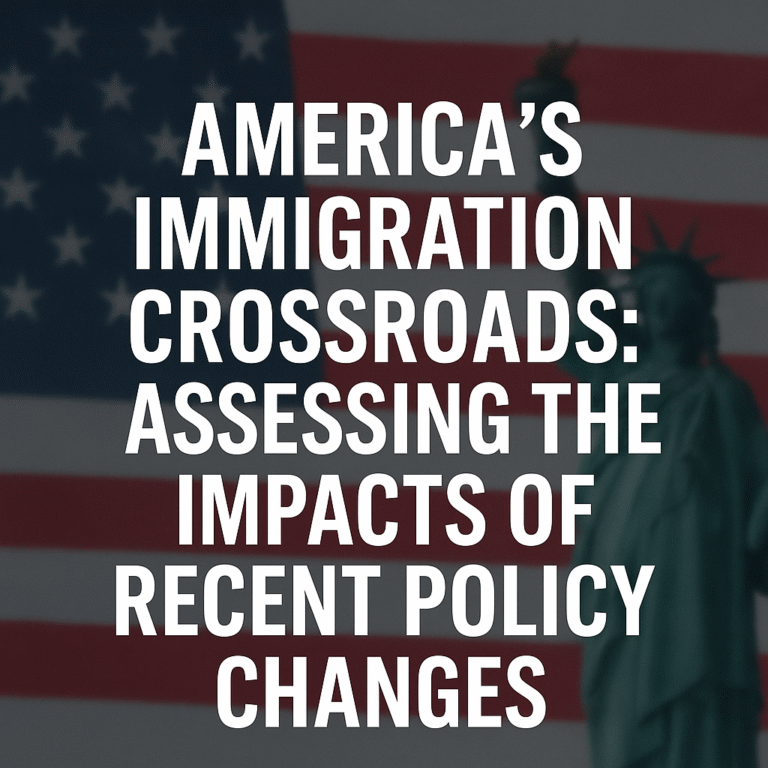
In a week marked by economic turmoil, U.S. stock markets have experienced significant declines following President Donald Trump’s announcement of sweeping tariffs. Despite these alarming developments, the President was seen spending time at his Florida golf course, raising questions about his priorities during this critical period.
Escalating Trade Wars and Economic Consequences
The administration’s imposition of a 10% baseline tariff on all imports, with higher rates targeting specific countries—34% on China, 20% on the European Union, and 24% on Japan—has ignited fears of a global trade war. Major economies have condemned these actions, with China responding by imposing a 34% tariff on U.S. goods.
The immediate impact on financial markets has been severe. The S&P 500 and Nasdaq each fell nearly 3%, while the Dow Jones Industrial Average dropped by 2,200 points, marking some of the worst declines since the COVID-19 pandemic. Investors are increasingly concerned about the potential for a recession, with JPMorgan raising the likelihood of a U.S. recession by the end of 2025 from 40% to 60%.
Impact on American Consumers
The tariffs are expected to have a direct and adverse effect on American consumers. Economists warn that these measures will likely lead to higher prices on a wide range of goods, from electronics to everyday necessities. For instance, the cost of an iPhone could rise to approximately $2,300 if the tariffs remain in place.
Furthermore, essential expenses such as food, rent, and gasoline are on the rise. Recent reports indicate that U.S. inflation has accelerated, with notable increases in the cost of groceries, gasoline, and rents, placing additional strain on household budgets.
Seniors are also facing challenges, particularly concerning prescription drug prices. Analyses suggest that policies like Project 2025 could lead to increased costs for as many as 18.5 million Medicare beneficiaries, exacerbating financial hardships for older Americans.
Strained International Relations
The administration’s tariff strategy has strained relationships with longstanding allies. Countries such as Canada, the European Union, and China have not only criticized the U.S. approach but have also implemented retaliatory measures. This escalation risks isolating the United States on the global stage and undermines decades of international cooperation.
Conclusion
While President Trump maintains that these tariffs are designed to bolster domestic manufacturing and protect American interests, the immediate consequences suggest a different reality. The stock market’s decline, coupled with rising consumer prices and strained international relations, points to significant economic challenges ahead. As the President continues to prioritize leisure activities during such a critical time, many Americans are left questioning the administration’s commitment to addressing the pressing economic issues facing the nation.





